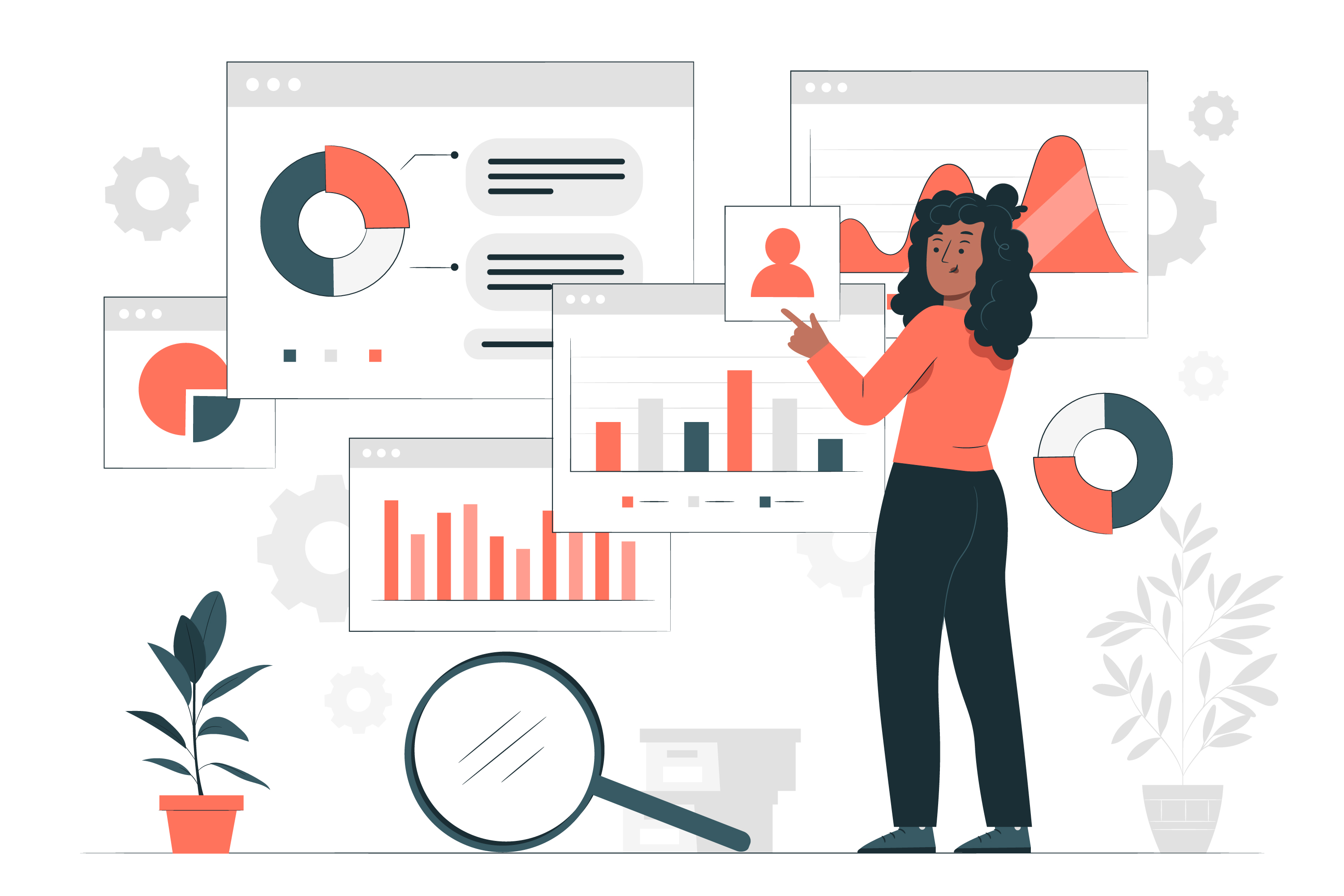
In 2022, the blockings in China and the conflict between Russia e Ukraine were the key impacts on supply chains worldwide. To keep operations running and reduce the chances of shortages, the businesses had to rethink their strategies, in order to adopt a more local and less global supply model.
See below the main topics that should drive the decisions of CPOs in businesses during 2023:
-
Resilience and risk management
Being able to anticipate, plan and respond in an agile and effective way to supply changes and disruptions is one of the priorities of businesses for 2023. Therefore, resilience becomes more and more important in the supply chain.
In order to face less negative impacts in the supply chain, you must identify the main risks for the business, and develop strategies and contingency plans – which can be crucial to keep on operating.
Diversification of suppliers, risk management and investment in technologies, to ensure business continuity and minimize any negative impact on supply chains, will be some of the key strategies of businesses from now on.
-
Digitization and automation of processes
The digitization of procurement processes is now a reality in many businesses, but there are still organizations that are adamant to it. To survive in a fierce market, digital solutions for procurement management have become indispensable for 2023.
This is because automation improves supply chain efficiency, decreases acquisition costs, reduces lead time, increases visibility of procurement stages and provides transparency in transactions with partners.
By automating operational processes and having easy access to real-time data and insights, organizations can also better track supplier performance, cut down errors, comply with regulations and make better procurement decisions.
-
Sustainability and ESG in the supply chain
The supply chain plays a key role in corporate sustainability. Therefore, now and in the future, ESG (environment, social and governance) initiatives must orient businesses’ decisions in the selection of suppliers, choice of raw materials, transport and routes – among other topics that help make business more sustainable.
Organizations that prioritize conscious suppliers will gain a competitive edge and more trust from their customers. Furthermore, as the transition to a circular economy becomes more important, flows must be established to collect used packages, products and parts, as well as to improve the return process.
This year, compliance with minimum sustainability requirements is no longer enough to impact society in a positive way. This is because stakeholders are more and more interested in and attentive to businesses’ engagement with social and transparency issues – that is, issues that go beyond the environmental standpoint.
-
Artificial intelligence
In the supply chain, the use of artificial intelligence (AI), machine learning and IoT (Internet of Things) can help businesses to analyze huge amounts of data and make more accurate predictions, optimize processes and improve efficiency.
Additionally, AI-powered supply chain operations can also help decrease human errors and streamline decision-making. However, it’s worth mentioning that AI isn’t a one-off solution and must be implemented strategically, so organizations can achieve the desired outcome.
Both AI and IoT will be increasingly used for predictive maintenance, route optimization, demand forecasting, inventory management, quality monitoring, data analysis and process automation.
-
Data driven decisions
2023 is the year of ‘data driven’ in the supply chain. Investment in technology and tools to collect, analyze and manage data will grow and become a key part of the industry’s strategic decisions. This also includes sharing insights with suppliers, thus increasing the chances of innovation.
Data culture can provide broader visibility into the entire supply chain, including inventories, suppliers and production processes – which helps identifying opportunities for improvement. With access to accurate data and relevant information, procurement teams can make decisions based on evidence, not guesswork.
Data analysis can also help businesses better understand their customers’ needs and expectations and, by understanding these insights, strengthen their presence in the market and increase their profits.
Has this content been useful to you? Stay tuned for the next publications on ME’s blog!
Enter your e-mail here and receive our newsletter.
See you next time! 😉


 Português do Brasil
Português do Brasil Español
Español Português
Português
